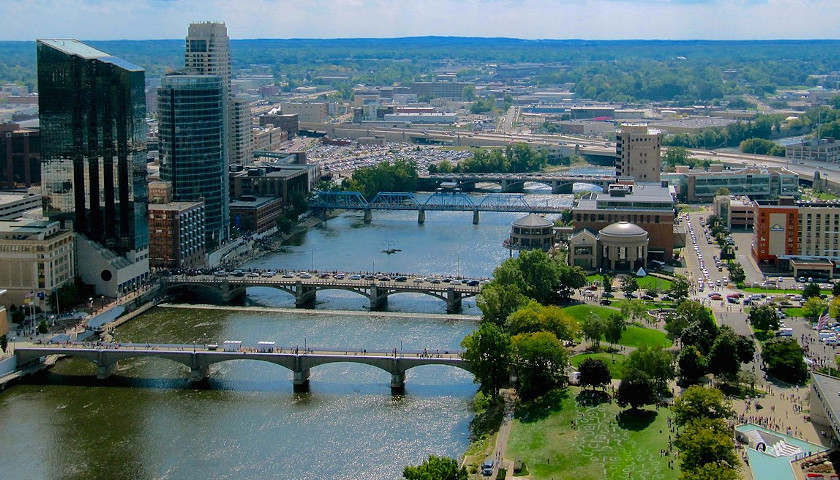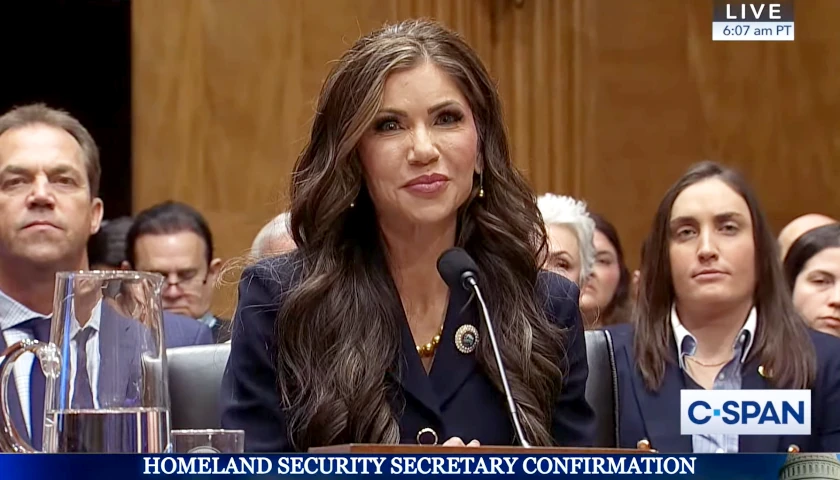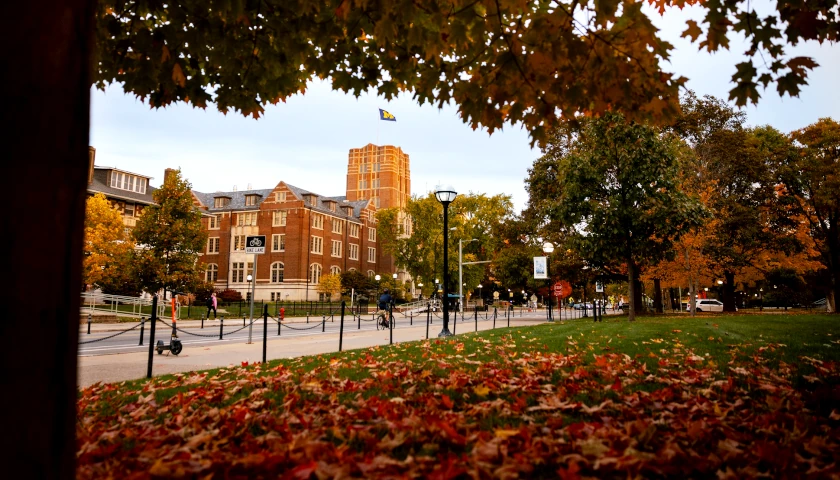Grand Rapids, Michigan’s second-largest city and the hub of the more conservative western side of the state, declared racism as a “public health crisis.”
The Grand Rapids city commission approved a resolution that read in part, “We know that racism is deep and pervasive throughout many systems and policies impacting health. Examples include health care, public education funding structures, criminal justice and sentencing, housing, and wealth-building opportunities.”
Commissioners resolved, “The City of Grand Rapids has previously upheld policies and ordinances that have perpetuated displacement, exclusion, and segregation, which have exacerbated racial inequality in Grand Rapids,” and said it is “intentional about transforming these systems.”
The Grand Rapids city resolution hinted racism may be to blame for other issues:
WHEREAS, experiencing racism can increase stress hormones and lead to activation of the immune and inflammatory systems; changes in brain structure; elevation of blood pressure and blood sugar; and changes in how genes are read, which are associated with increased risk for numerous mental and physical chronic health conditions, like heart disease, cancer, asthma, stroke, Alzheimer’s, diabetes and suicide. Without buffering care, experiencing racism can alter/impair several regions of the brain and inhibit the prefrontal cortex, which is responsible for attention, judgement and impulse control, and increase risk for learning and behavior problems, teen pregnancy, substance abuse, chronic absenteeism, dropping out of high school, and involvement in the criminal justice system…
Groups supporting the resolution, such as Justice for Black Lives (JFBL), have agitated in the streets and stoked tension in the community, according to critics.
“They called the Grand Rapids Police Department (GRPD), officers including Chief Eric Payne, an African-American, white supremacists, cowards, and monsters. Another claim was made that police mirrored slavery, and nearly all of them called for the defunding of the GRPD,” Michigan Rising Action noted in a press release.
“The real headline from yesterday’s City Commission meeting is that Grand Rapids will receive grants enabling the City to hire five additional police officers,” said Eric Ventimiglia, Executive Director for Michigan Rising Action. “With illegitimate radical groups like JFBL continuing to incite violence in the streets, the move to hire more officers is the right one. Michigan Rising Action condemns the calls for violence and the numerous threats made by JFBL.”
Other far-left cities have enacted similar policies, including San Francisco and New York.
In 2020, the San Francisco Health Commission passed a 10-page “health equity” resolution “declaring anti-black racism a human rights and public health crisis.”
It proposed creating a city and county of San Francisco “Office of Racial Equity anti-racist program evaluation framework.” Grand Rapids has not proposed a similar new agency — yet.
The New York City Department of Health and Mental Hygiene issued one in June 2020, according to PIX 11.
“The murder of George Floyd at the hands of police officers is part of the system of racism that permits police brutality, unjust policing and mass incarceration,” the agency wrote on Twitter. “The NYC Department of Health and Mental Hygiene is committed to addressing structural racism within our own institution and addressing racism as a social determinant of health as part of our mission to protect the health of New Yorkers.”
— — —
Cooper Moran is a reporter for The Star News Network. Follow Cooper on Twitter. Email tips to [email protected].
Photo “Grand Rapids” by Rachel Kramer. CC BY 2.0.





